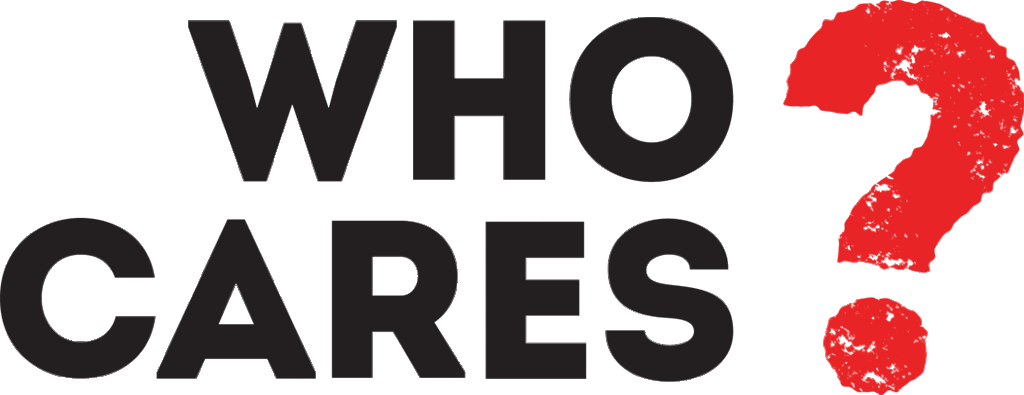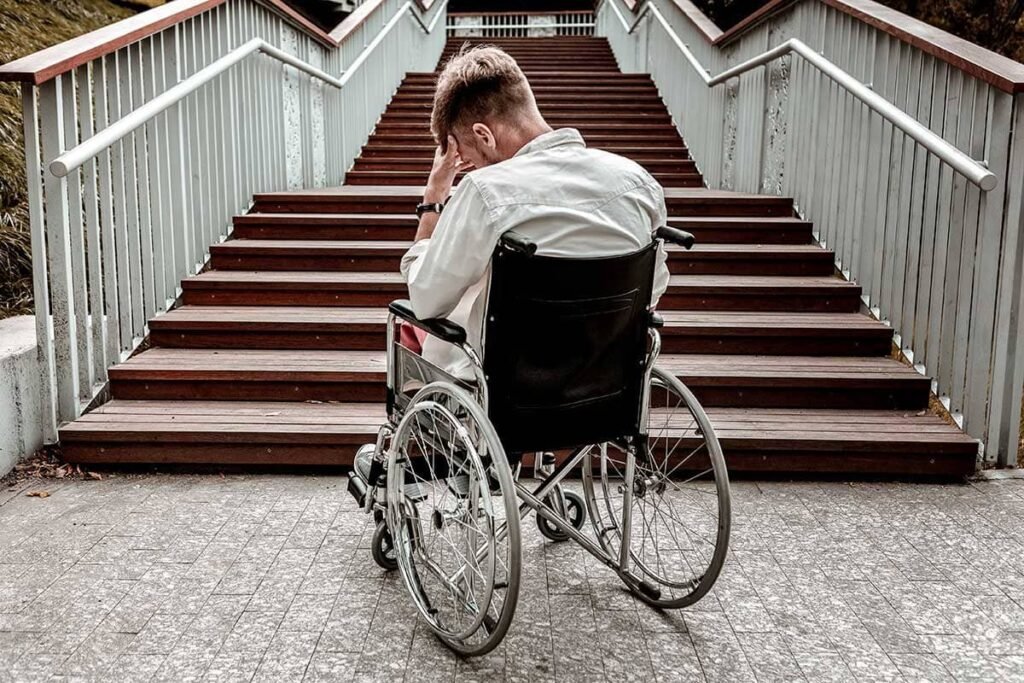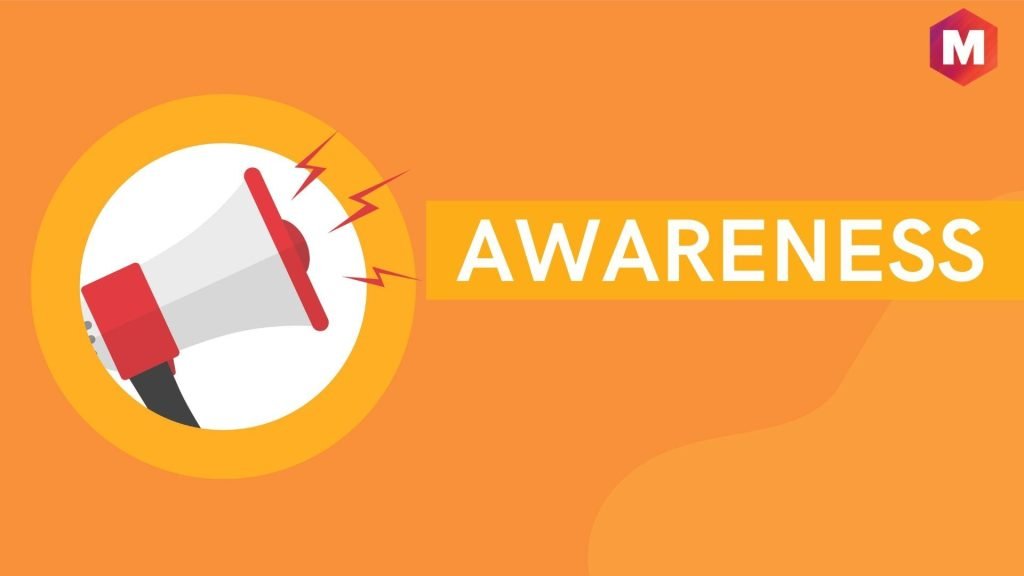These are the questions that the team usually finds the most easiest, but most complex issues to solve. Recently, a team post requested support for a disabled person as he could not afford the costs for his family. But this raises several important issues and questions:
- Systemic Support for Disabled Individuals:
- Government Aid: Is there adequate government support for disabled individuals in Gilgit-Baltistan? Are there existing policies, and how effective are they?
- Non-Governmental Organizations (NGOs): What role do NGOs play in providing support? Are there enough resources and programs available to assist disabled persons?
- Economic Barriers:
- Employment Opportunities: Are there sufficient employment opportunities for disabled individuals? What initiatives exist to promote inclusive employment?
- Financial Assistance: What types of financial aid are available for disabled persons? Are there micro-financing options, grants, or loans tailored to their needs?
- Social and Cultural Challenges:
- Stigma and Discrimination: How prevalent are stigma and discrimination against disabled individuals? What efforts are being made to change societal attitudes?
- Community Integration: How well are disabled individuals integrated into the community? Are there inclusive programs and activities that promote their participation?
- Healthcare and Accessibility:
- Medical Facilities: Are there adequate medical facilities and services for disabled individuals? Is there access to specialized care and rehabilitation?
- Physical Accessibility: How accessible are public spaces, transportation, and buildings for disabled persons?
- Educational Opportunities:
- Inclusive Education: Are schools and educational institutions equipped to support disabled students? What special education programs exist?
- Vocational Training: Are there vocational training programs that cater to the specific needs of disabled individuals to help them gain skills and employment?
- Legal and Policy Framework:
- Legal Rights: Are the legal rights of disabled individuals well-protected? What laws are in place to ensure their rights and how well are they enforced?
- Policy Implementation: How effectively are existing policies implemented? Are there gaps between policy and practice?
- Community and Family Support:
- Family Burden: How are families of disabled individuals supported? Are there respite care services, counseling, and financial assistance available to them?
- Community Programs: What community programs exist to support disabled persons and their families? Are there peer support groups and community centers?
Addressing these issues requires a multi-faceted approach involving government policy, community engagement, and support from NGOs and international organizations. The complexity lies not only in addressing the immediate needs of disabled individuals but also in creating a sustainable and inclusive environment that supports their long-term well-being and integration into society.
With limited resources, how do we prioritize whom to support? What criteria should be used to decide the allocation of resources? How do we ensure that our support does not compromise our values? It’s crucial to maintain fairness, equity, and integrity in our decision making. Without adequate resources, how can we develop sustainable solutions that offer long-term support rather than temporary relief?
The trilemma affects people’s lives significantly. Without a solution, individuals, including those with disabilities, face dire consequences. For instance, consider the distressing case of a disabled girl being abused in Gilgit. Such tragedies underscore the urgent need for societal and systemic changes to protect vulnerable populations. If these issues are not addressed, similar incidents may continue to occur.”



